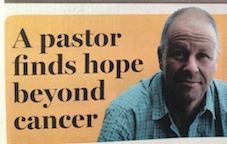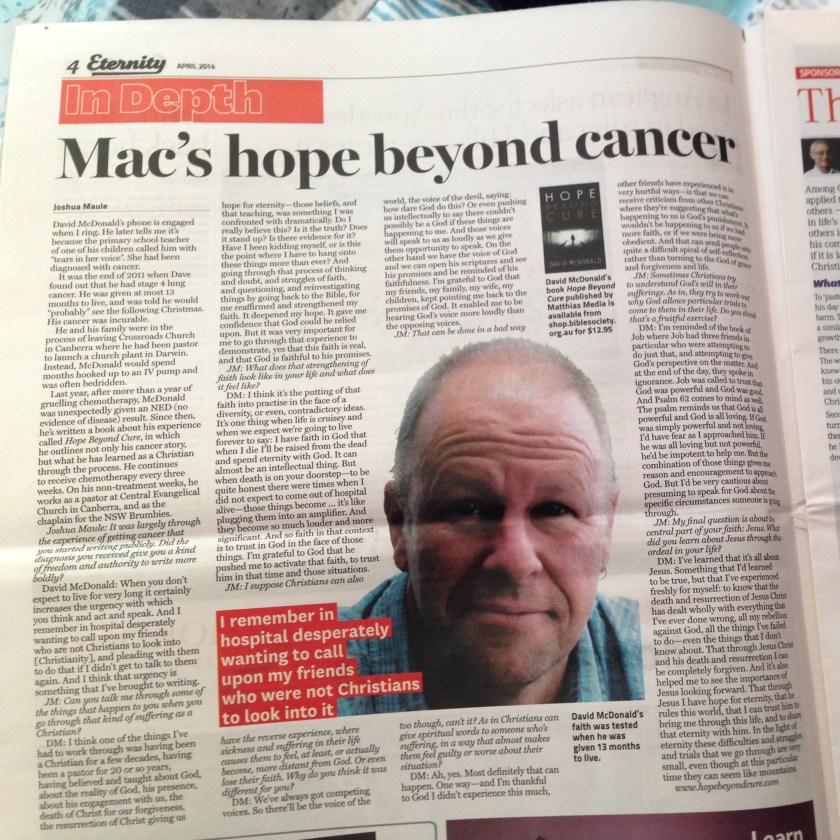 Do you have a message to share? Is it the kind of word that puts fire in your belly? Do you wake up early wanting to spread this news to others? Is it unthinkable that you would keep it to yourself? I’m interested in the things that drive us, the messages that inspire us, and the passions that lead us to speak.
Do you have a message to share? Is it the kind of word that puts fire in your belly? Do you wake up early wanting to spread this news to others? Is it unthinkable that you would keep it to yourself? I’m interested in the things that drive us, the messages that inspire us, and the passions that lead us to speak.
Having spent 16 seasons with the Brumbies in Canberra, I know what it is to live and breath rugby. While some shake their heads in bewilderment, others will argue and proclaim all season. Monday morning experts, as they say, who can dissect with precision, diagnose every detail, and deliver the answers with ease. For some it’s almost a cult that draws in every detail of their lives. For others, it’s on the nose, they’ve had enough, and they don’t want to hear another word.
I’ve experienced many passions shaping the conversations of my friends. During my final years in Canberra, I was engulfed in a world of cycling. My last ride was back in 2010, with the Brumbies, riding on back trails from Canberra to Kosi. Not so much post-cancer and never with the passion I see today. So many around me living and breathing bikes. Road bikes, mountain bikes, trails, single tracks, races, teams, 24 hour events, new bikes, never enough bikes, roof racks, brakes, gears, frames, wheels, bikes on weekends, rides to the coast, rides back again, early morning rides, late night rides, lighting systems, carb loading, hydration strategies, friends, coffee shops, overseas trips, getting the wife and kids involved… on and on it went. Passion, drive, energy, and Strava. Barely a conversation went by without hearing the gospel of cycling.
And now it’s surfing. My town runs on it. Short boards, long boards, SUPs (not really), comps, clubs, drinks, friends, early mornings, every Sunday, tradies, oldies, wet suits, shark alerts, rips, tides, banks, and reefs. Being accepted means joining the club, rising early, donning the suit, paddling out, watching, waiting, commentating, tracking the weather, following the swell. Do you surf? You should? Get yourself a board. You can borrow mine. Just get on board. The gospel of surfing is very compelling.
But I long to hear another gospel. A transcendent gospel. A gospel for all. A gospel beyond the tribalism of rugby, beyond the addictions of cycling and surfing, coffee or wine. I long to hear a gospel of depth and purpose and significance and meaning and life. Deep life, enduring life, life beyond trivia, life beyond material prosperity, life beyond health and fashion and money and security. I long to hear of a gospel of forgiveness, a fresh start, transformation, altruism, generosity, love for people, grace, friendship, encouragement and hope. I long to hear more about the loving almighty creator. I long to hear more about his intersecting with life, intervening in life, interupting life. I long to hear more of his coming, his living, his struggles, his actions, his extraordinary works, his deep compassion, his healing touch, his wise teaching, his passion for justice, his provocative preaching, his prophetic pronouncements, his predictions of the future. I long to hear people speak of his death and resurrection, his humility and sacrifice, his glory and power. I long to hear the gospel of Jesus, the Christ, the Messiah, the King, the Lord, the Saviour, the Son of God, the giver of life.
So speak. Share your gospel. Speak from your heart. Communicate what gets you up in the morning. Commend the very message that puts steel in your spine. Offer that word that fuels your tanks. Persuade people about what matters really matter most. Give people quality news, true news, gripping news, compelling news. Share your hope of life. And do it with clarity, and passion, and conviction, with integrity.
But don’t pontificate. Don’t pretend you have it all together. Don’t push a set of rules called religion. Share the gospel of grace. Speak of the relationship, not the rituals. And don’t talk over others. Don’t shout down your opposition. Listen, ask, respond, speak, clarify, encourage, answer, explore, commend, persuade.
Our world needs a true gospel. If you’ve got a message to share, then let’s hear it.


 Do you have a message to share? Is it the kind of word that puts fire in your belly? Do you wake up early wanting to spread this news to others? Is it unthinkable that you would keep it to yourself? I’m interested in the things that drive us, the messages that inspire us, and the passions that lead us to speak.
Do you have a message to share? Is it the kind of word that puts fire in your belly? Do you wake up early wanting to spread this news to others? Is it unthinkable that you would keep it to yourself? I’m interested in the things that drive us, the messages that inspire us, and the passions that lead us to speak. Are you at risk of having your whole life tied up with Christians so that you have no real engagement with anyone else? Does your week revolve around church meetings and activities? Does your sport, education, recreation, entertainment, socialising, music, and media all take place in a Christian bubble?
Are you at risk of having your whole life tied up with Christians so that you have no real engagement with anyone else? Does your week revolve around church meetings and activities? Does your sport, education, recreation, entertainment, socialising, music, and media all take place in a Christian bubble?

